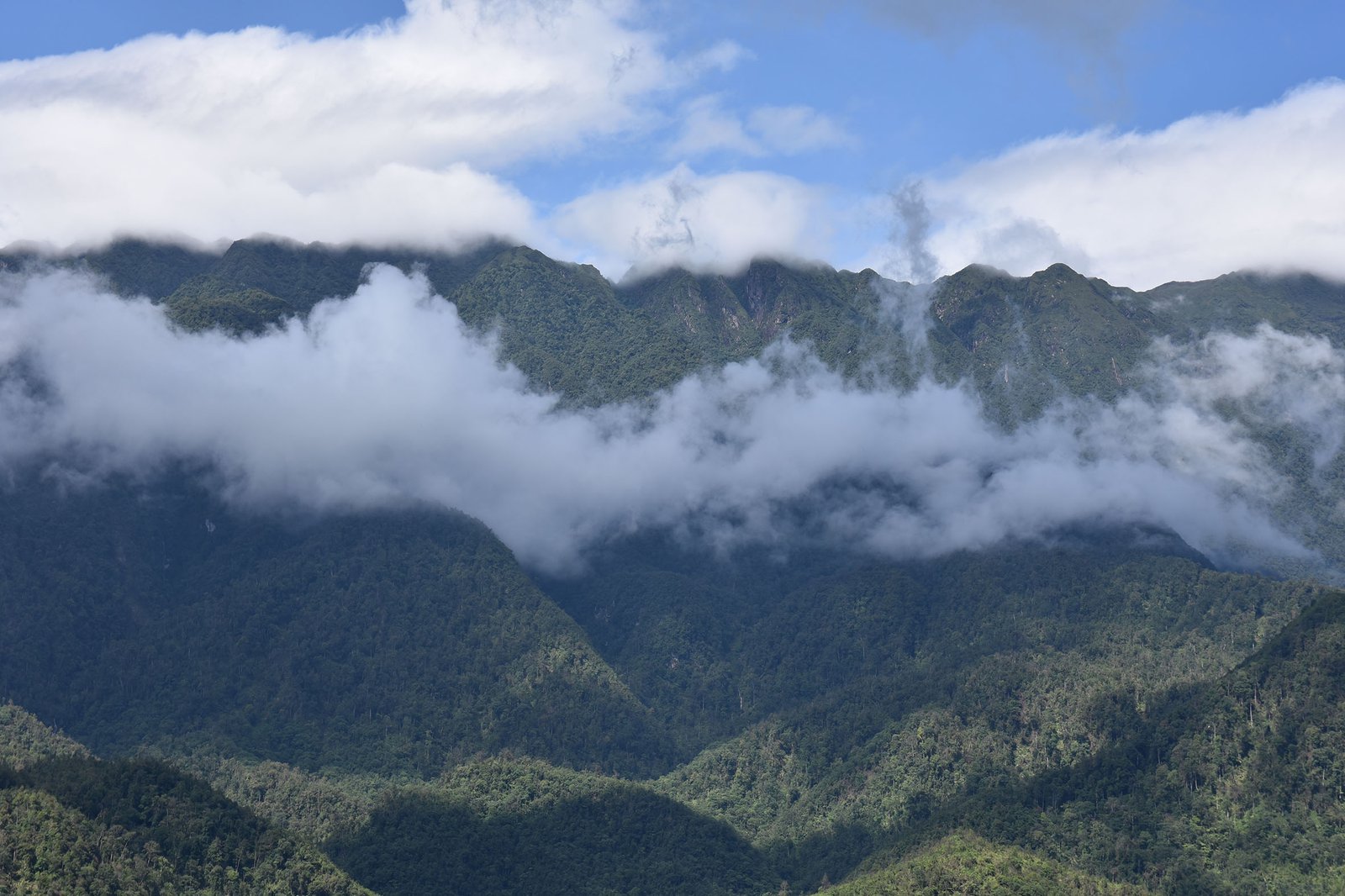Mountain-top frogs teetering on the edge

© Australian Museum
Two Asian frog species are now officially more threatened than the Giant Panda
Two frogs found only near the peak of the highest mountain in Indochina are now officially listed as Critically Endangered. Discovered only a few years ago, Botsford’s Leaf-litter Toad and Sterling’s Toothed Toad are known from a single stream that is under threat from pollution and habitat destruction. This listing will hopefully direct conservation attention to these little frogs at great risk from extinction.
Although amphibians are the most threatened group of animals on the planet, they are also relatively poorly known, with new species continuously being discovered. One of the greatest areas of discovery is Southeast Asia, with well over 100 new frog species having been discovered and described in the last decade. Unfortunately, many of these new species are already threatened with extinction.

© Australian Museum
In 2013, two new species were described from near the top of Mount Fansipan, in northern Vietnam: Botsford’s Leaf-litter Toad (Leptolalax botsfordi) and Sterling’s Toothed Toad (Oreolalax sterlingae). One of us was in the team of scientists that discovered and described Botsford’s Leaf-litter Toad from the misty mountain peak, and we were very worried at the time of discovery that pollution and habitat loss due largely to tourists climbing the mountain would impact on these seemingly very restricted-range species. A return visit this year confirmed that they were in serious trouble.
The official listing of these species as Critically Endangered (on the IUCN Red List of Threatened Species) places them amongst the top ~450 most threatened frog species in the world. Broadly, threat categories run from Least Concern to Near Threatened, Vulnerable, Endangered and then Critically Endangered. The next (and final) steps are Extinct in the Wild and then Extinct.
There are now nine Critically Endangered frog species in Southeast Asia, and over 450 worldwide. These numbers are alarming- frogs around the world are in a lot of trouble. To put things in perspective, some of the threatened mammals that we hear about, such as tigers and pandas, are listed as Endangered, having thankfully not yet crossed the line into the Critically Endangered category.

© Australian Museum
Our work on amphibians at the Australian Museum Research Institute doesn’t stop at discovering new species, or gaining more information on the species we already know exist, but strives to understand which species are most threatened and where best to direct our conservation efforts. While sobering news, we hope that the official listing of these two species as Critically Endangered is an important step towards ensuring their long term survival.
Dr Jodi Rowley & Timothy Cutajar
Australian Museum Research Institute
More Information:
- IUCN SSC Amphibian Specialist Group. 2015. Leptolalax botsfordi. The IUCN Red List of Threatened Species 2015: e.T73727195A73727483. http://dx.doi.org/10.2305/IUCN.UK.2015-4.RLTS.T73727195A73727483.en
- IUCN SSC Amphibian Specialist Group. 2015. Oreolalax sterlingae. The IUCN Red List of Threatened Species 2015: e.T76491633A76491638. http://dx.doi.org/10.2305/IUCN.UK.2015-4.RLTS.T76491633A76491638.en
Acknowledgements:
Our work assessing the global conservation status of these species was made possible due to the generous support of the Australian Museum Foundation.













